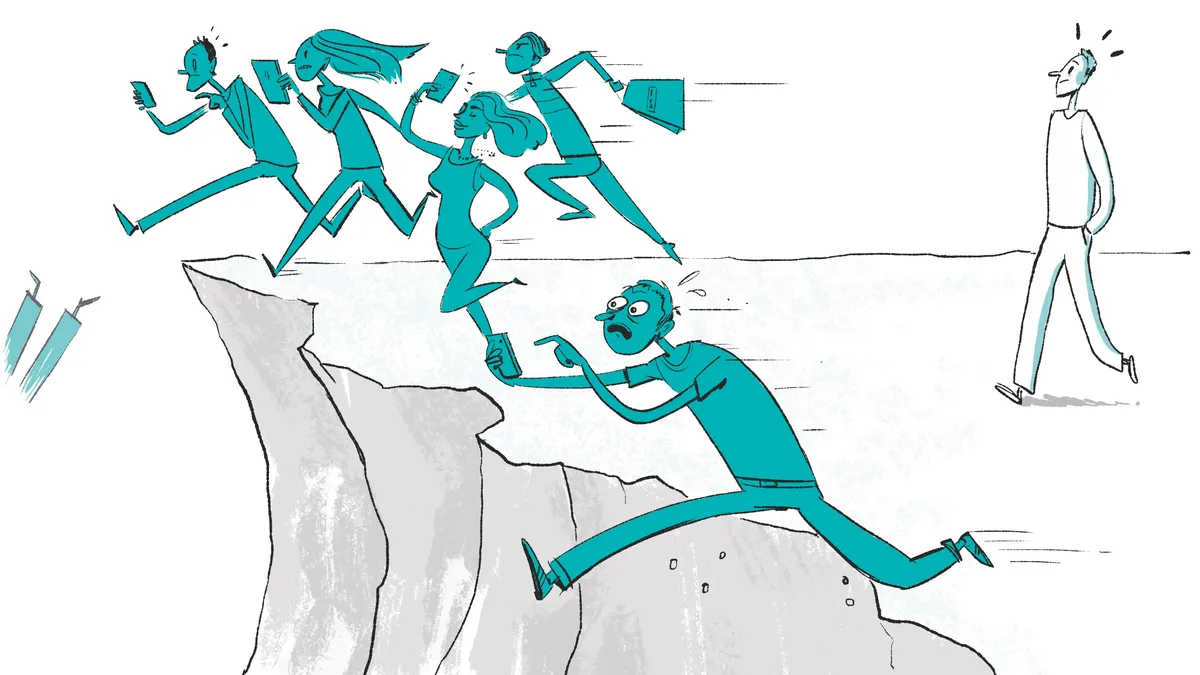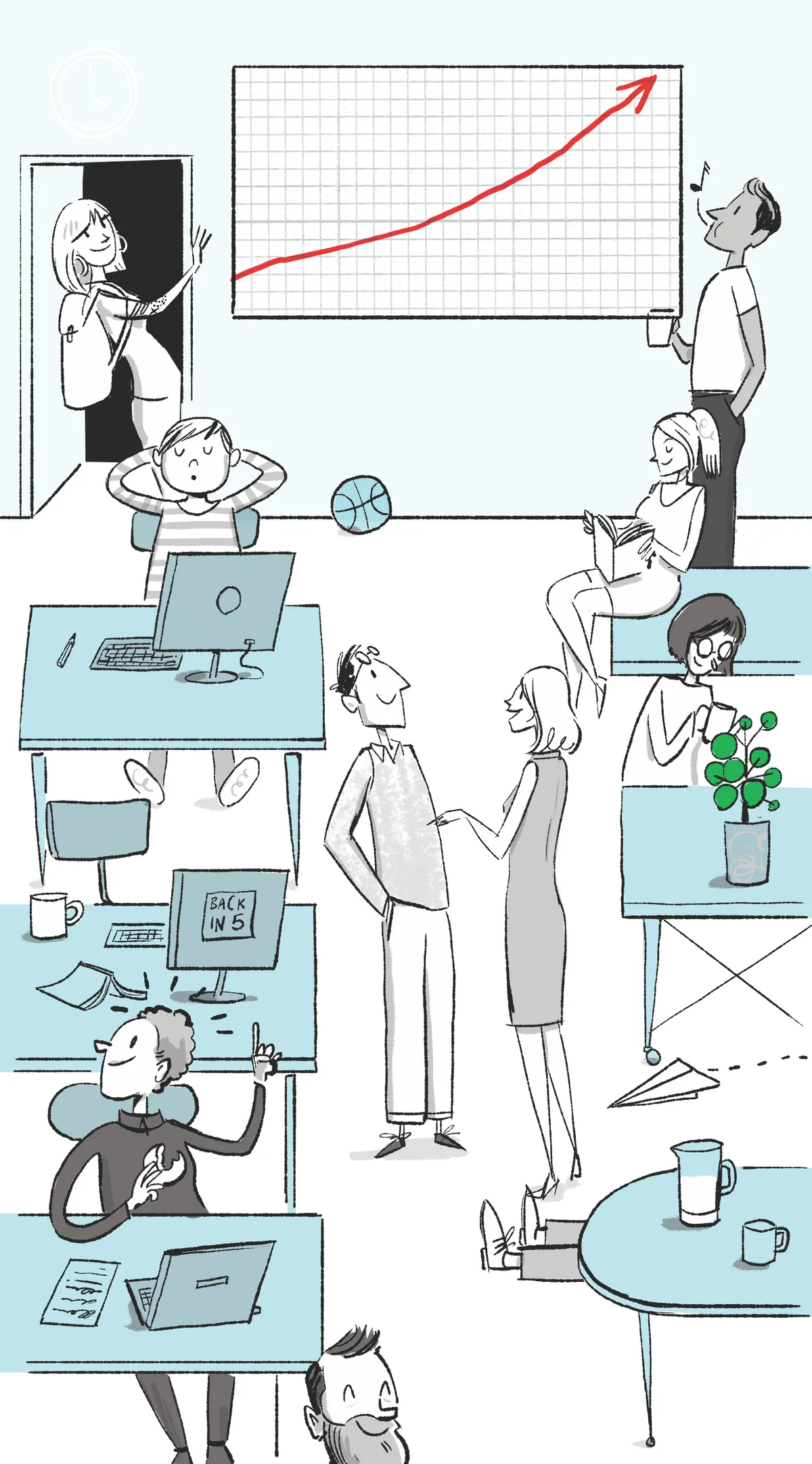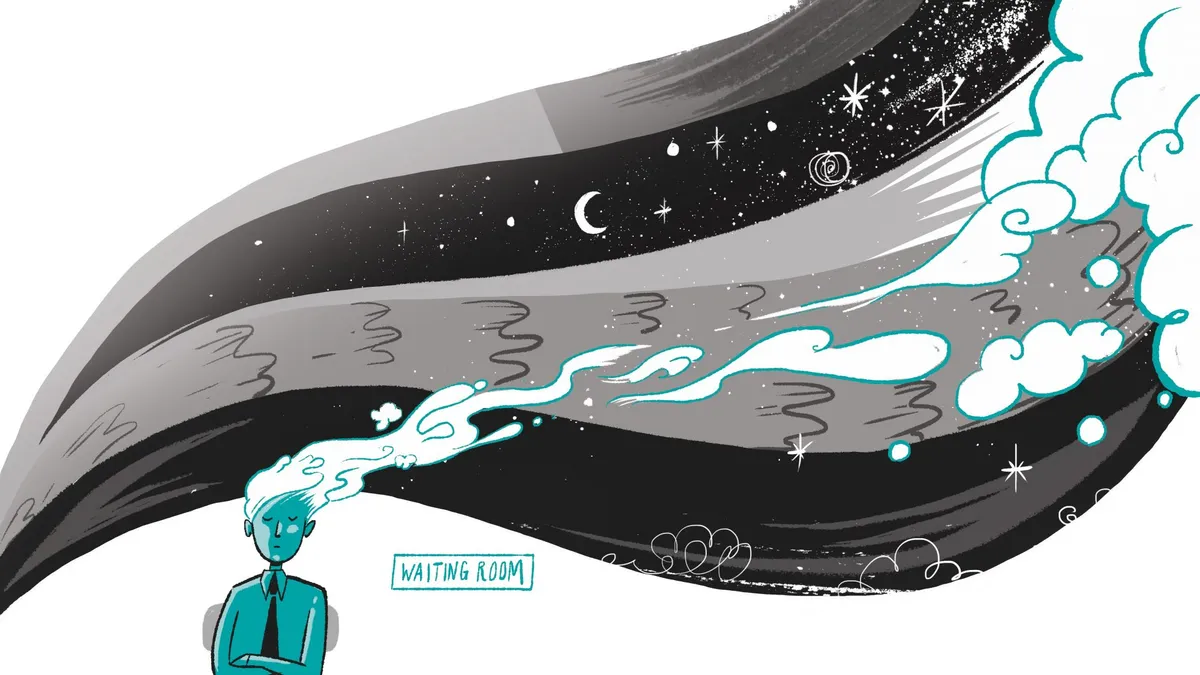Laziness gets a bad rap. We’re constantly being told we should do more, work harder, maximise productivity. But there’s another side to the story. Being lazy, it turns out, can be good for both our physical and our mental health.
In fact, it may even be at the heart of what makes us human – and it’s certainly a successful strategy for the sloth. In fact, it might be time to live life in the slow lane.
Slow down and improve your health

In a now-famous study carried out in 1999, psychologist Dr Robert Levine analysed the pace of life in cities in 31 countries, measuring things such as the speed at which people walk and the time it takes post office staff to hand out stamps. He found that the fastest pace of life was in Western Europe and Japan, and the fastest-living countries also had the highest rates of coronary heart disease. When British psychologist Prof Richard Wiseman repeated the experiment in 2006 by simply measuring walking speed, he found the pace of life had increased by 10 per cent.
The bigger the city, the faster our pace of life, and we’re living faster than ever before. Dr Stephanie Brown, a psychologist who’s written a book on the topic, describes our hunger for fast-paced living as an addiction. “People can’t stop wanting to go faster,” says Brown. “You begin to need more and more time on the computer. People talk about sleeping with their phones. You start to log on first thing in the morning. You cannot not do it. Your behaviours start looking like that first drink in the morning. You need it.” But there are signs of recognition of the problem. “Society is hitting a tipping point,” says Brown. “I hope it’s going to become embarrassing to have your phone out while you’re eating dinner.”
Brown suggests taking baby steps to overcome our addiction to living fast – perhaps first reducing the amount of time we spend checking email on our phones each day by five minutes, then introducing other steps. She says our gadgets are likely to have in-built limits as culture changes. Apple has already announced that iOS 12 lets users monitor how much time they’re spending on their devices and apps.
As well as our overall pace of life, there’s good reason to slow down a few other things, such as how quickly we eat. A study of nearly 60,000 Japanese people showed that those who ate slowly, or at ‘normal speed’ were less likely to become overweight than those who gobbled. It’s thought that it takes 15 to 20 minutes for our body’s feedback mechanisms to tell us we’re full, so eating more slowly gives more of an opportunity for this to kick in.
Breaks and naps are no obstacle to a good day’s work

The logic sounds simple: if you work more hours you’ll get more done. But studies consistently show that our brains are a bit like muscles in that the more we use them, the more they get tired, so short, sharp stints of work withplentyof breaks is the way to go.
According to a study by software company Draugiem Group, the two magic numbers when it comes to the work-rest balance are 52 and 17 – that’s 52-minute working sprints with 17-minute breaks. It reached this conclusion by analysing data from productivity app DeskTime. Workers who achieved the most were the ones who tended to work in this pattern.
So what should you do during your well-earned breaks? Well, look at cute photos of kittens and puppies, of course. A study by researchers at Hiroshima University in Japan found that after students viewed images of kittens and puppies – as opposed to the adult versions of the animals – they were far more focused and performed better at a number-search game, as well as a game similar toOperationthat required dexterity. This may be because the cute critters triggered the participants’ inbuilt caregiving instinct, making them more attentive and vigilant.
As well as taking more breaks, even getting some daytime shut-eye can help. Researchers at the University of Pennsylvania found that people who napped for an hour at lunchtime performed better in recall tests and tests that involved solving maths problems than those who didn’t nap, as naps give the brain a chance to recharge. Lengthy spells in the land of nod can even help keep the weight off. In a study of more than 1,500 middle-aged adults, Simona Bo at the University of Turin found that the adults who became obese in her six-year study period slept on average 6.3 hours a night compared with 7.2 hours for those who stayed at a healthy weight.
Boredom has its benefits

We tend to view boredom as an unwelcome guest – something to be rid of as soon as possible. But research is showing that there’s good reason to embrace it.
“Boredom is a much maligned emotion, but it’s very good for us,” says Dr Sandi Mann, a psychology lecturer at the University of Central Lancashire. Mann’s research involves making people downright bored. Her favoured technique is to encourage her volunteers to laboriously copy phone numbers out of a phone book, or even just read them in their heads. In one experiment, her bored volunteers were encouraged to think of as many ways as possible to use two plastic cups. It turned out that those who had become most bored – those just reading out the phone numbers – came up with the most ideas. In other words, they were the most creative.
“When you’ve got nothing to stimulate your mind, it creates its own stimulation,” says Mann. “Your mind wanders and you daydream and that’s really important as it allows you to make connections. You’re free from the constraint of your brain saying: ‘that’s a ridiculous idea, it will never work’.”
There’s no doubting that boredom isn’t always a force for good. There’s growing evidence, for example, that the more boredom-prone are also more likely to become internet-addicted or experience ‘problematic smartphone use’.
It seems that it’s how we react to that feeling of boredom that’s key. “Boredom is just a signal telling us to get up and do something else,” explains Prof James Danckert,a neuroscientist at the University of Waterloo in Canada. “Boredom is neither good nor bad, it’s our responses that matter, turning towards self-destructive behaviours or becoming a spur towards creativity.”
So harnessed correctly, boredom can become a force for good – inspiring creativity, and helping to unlock our hidden potential.
Follow Science Focus onTwitter,Facebook, Instagramand Flipboard
